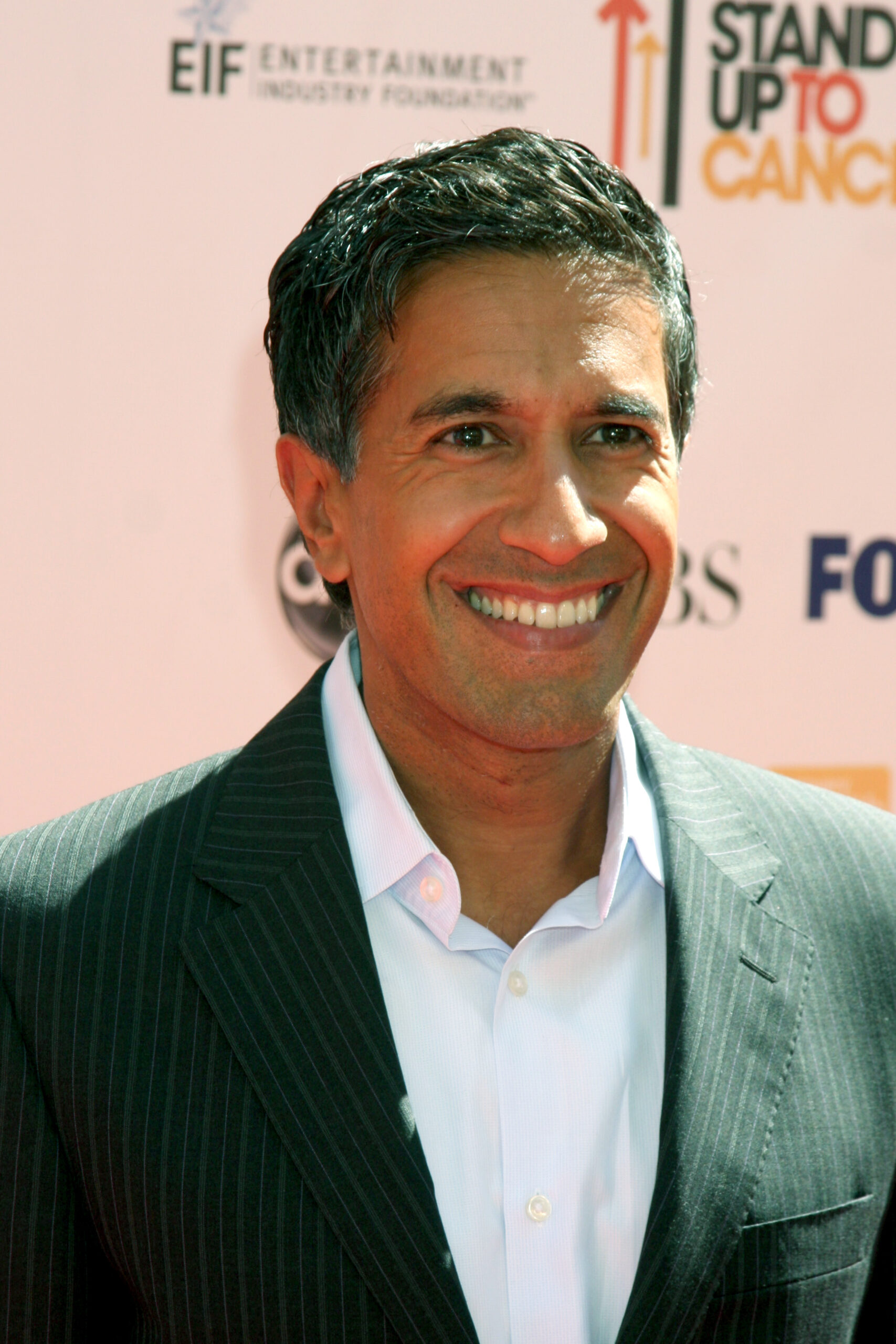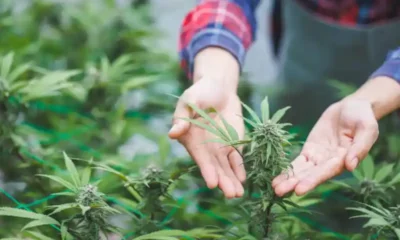Connect with us
Published
9 months agoon

Looking back at the history of cannabis, especially some of the tired stereotypes of what a typical cannabis user looks like, it’s evident that the space has shifted in recent years. Cannabis consumers today include people working in a multitude of industries, falling anywhere on the political spectrum and of a variety of ages.
Notably, the senior population is seeing a major uptick in cannabis use.
This is the topic of a newly published CNN column from American neurosurgeon Dr. Sanjay Gupta. Out the gate, he references his initial skepticism around cannabis medicine. It was only after he began to explore the world, visiting tiny labs and having intimate moments with patients, where he started to see the potential cannabis holds.
“I came to the realization that in some cases, not only did cannabis provide relief, it was the only thing that did so,” Gupta wrote. “Yes, there are real risks, as with most things. And of course, it’s not a panacea. Nothing is.”
Looking at the cannabis legalization timeline in the United States, it’s evident that the evolution has been fairly uneven, despite the significance of the changes over the decades. Gupta referenced that, up until 1996, not a single state had legalized cannabis for any purpose. Now, 38 states and the District of Columbia have some form of cannabis legally available, despite the fact that it is still a Schedule I drug, deeming that it holds “no currently accepted medical use and a high potential for abuse.”
“The dissonance is deafening,” Gupta said. “In some states, it is still a crime to carry cannabis as a medicine, even if it quells the seizures of a small child.”
Though, he said that one of the biggest changes he’s observed is cannabis as it pertains to seniors, quipping that we are witnessing a “senior moment” for cannabis. Those same people who grew up during the War on Drugs, who experienced “Reefer Madness” and internalized hefty messaging surrounding the dangers of weed are now trying it for the first time, Gupta said.
Additionally, studies have shown that seniors using cannabis often do so to address the hardships that come with aging: poor sleep, aches and pains, mood stability and more. Not only that, but Gupta points out that they often prefer it over prescription medications, like sleeping pills, antidepressants and opioids.
Given the rise in cannabis, and the increase in seniors and others using cannabis instead of prescription medications, Gupta said it’s likely that prescribed medication use could decrease.
He tackles this topic in the new documentary, which explores personal stories of seniors who newly ventured into cannabis. “Weed 7: A Senior Moment” premiered Sunday, Aug. 6 on “The Whole Story with Anderson Cooper.”
One such senior is Ken Tillman, a 94-year-old who first considered cannabis use at 91 to assist with insomnia, which was only getting worse as he got older. The worst part, Gupta relays, was that Ken would lay in bed mulling over some of life’s most haunting questions, what he could have or should have done that he never did.
“The story turned out well for Ken,” Gupta said. “With cannabis, not only did his sleep improve for the first time, but his existential anxiety was also quieted. For Ken, cannabis was far more than a sleep supplement. Again, it’s not to say everyone will have such a profound response, but for Ken, it was the only thing that really worked.”
At the end of the column, Gupta shared that Ken asked whether he would ever recommend cannabis to his own parents. Gupta said yes.
“And I guess that may be the biggest thing that has changed over the past 10 years,” Gupta said. “I would’ve never imagined a time when I would openly recommend cannabis to my own parents—or a time they would openly consider taking it.”
He even admitted that he brought it up to them one day, to which his mother replied, “Why not? It can be a medicine, right?”
Gupta’s column concluded, “Cannabis can be a medicine, and like any other medication it should be held accountable for its risks and its rewards. It should be respected and made available, but also responsibly regulated. If all that is done well and safely, cannabis has the potential to help and heal so many people, young—and old.”


Senator Cory Booker Visits Sacramento Cannabis Giant Amid Decriminalization Push


Illinois Hemp Operators Call For Regulation Instead of Prohibition


Signatures for South Dakota Adult-Use Cannabis Initiative Submitted


Pakistan Creates Regulation Agency To Manage Medical Cannabis Program


No Increase in DUI Among Young Adults After Pot Legalization in Washington


Berner To Join Cast of The Freak Brothers
